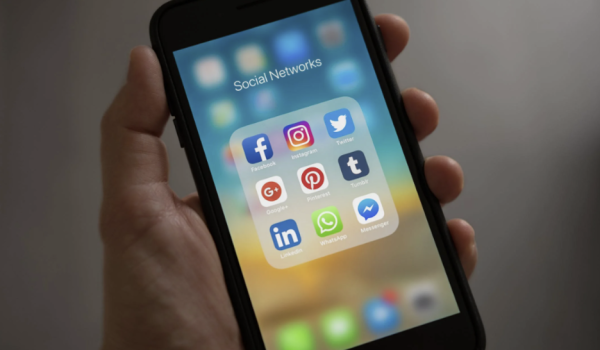Older companies focus on complex problems of scale which require experience, while young firms have to deal with new problems that are best understood (and solved) by young people.
Patty McCord, start-up consultant and Netflix’s former head of human resources, told Quartz that “start-ups are companies that don’t make any sense, by nature of who they are,” where trying, failing and trying again is the true recipe of success, “so experience doesn’t necessarily help.” Data from PayScale, a website which compiles and compares salaries, revealed in 2014 that companies such as Google and Amazon have average ages of 29 and 32 respectively, while Goldman Sachs has an average employee age of 29 and McKinsey of 30.
Facebook CEO Mark Zuckerberg famously said at a 2007 Y Combinator Startup School event at Stanford that “young people are just smarter” and emphasized the importance of being young and technical. He is not the first person to express preference for young employees, though; Jerry Rubin, American social activist and successful businessman famously said a few decades ago that people should “never trust anyone over 30.”
The New York Times wrote in a 2014 article about the youth problem Silicon Valley is experiencing, namely that some companies prefer to hire young people, a trend which has forced older professionals to turn to plastic surgery in order to compete with the new workforce. According to a GE report, companies such as Starbucks and the Gap are investing in young people, because they have an opportunity to harness a combination of technical fluency and innovativeness. The report concluded that in just over a decade, millennials will account for 75 per cent of the global workforce, which represents good news for companies such as Alibaba, which is constantly looking for “talented young executives to take on more responsibility” in the workforce. Two years ago, Jack Ma, founder of the giant e-commerce company, said the next generation of Alibaba people were “better equipped” to run the Internet ecosystem.
Indian-American entrepreneur Vinod Khosla said in 2011 that “people over the age of 45 basically die in terms of good ideas,” while tech investor Michael Moritz said he is a fan of “very talented twentysomethings” because they do not have distractions such as children and have “great passion.”
The term ‘digital native’ is an extension of the excessively-used ‘millennial’ term; it encompasses a generation born during the most recent period of immense technological innovation. Nowadays, this term can be found in plenty of job ads. For example, Cisco Systems posted a job ad on May 5 in which it clearly stated that it needed a “digital native” product manager “with true love for all things mobile,” but a recent Fortune article revealed that there are plenty of start-ups which use this lingo in their jobs ads. According to Dan Schawbel, founder of WorkplaceTrends.com, the reason why companies hire millennials is because “they have this tech competence older generations don’t have,” MarketWatch noted.
Although there are clear business advantages to employing older people, such as emotional stability and high motivation, more and more companies prefer to rely on young people’s skills and intuition.
Support us!
All your donations will be used to pay the magazine’s journalists and to support the ongoing costs of maintaining the site.
Share this post
Interested in co-operating with us?
We are open to co-operation from writers and businesses alike. You can reach us on our email at [email protected]/[email protected] and we will get back to you as quick as we can.









